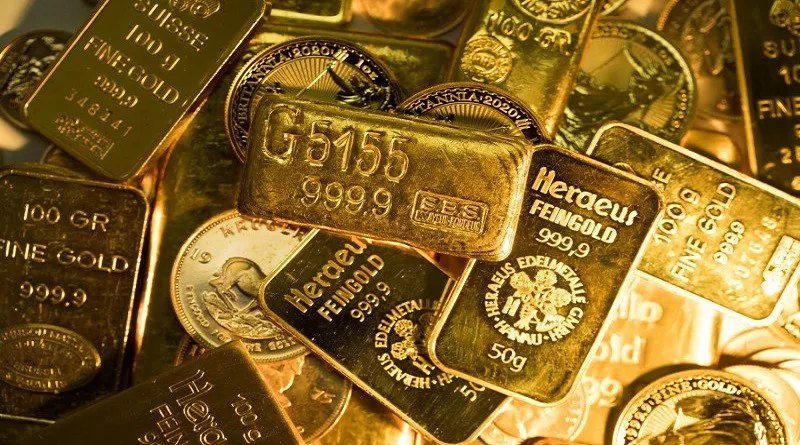Gold has been a symbol of wealth and financial security for centuries. Central banks and governments around the world hold significant reserves of this precious metal as a hedge against economic uncertainty and as a means to support their respective currencies. This article delves into the countries that hold the most gold reserves, the reasons behind their substantial holdings, and the implications for the global economy.
1. Top Countries with the Largest Gold Reserves:
United States: The United States boasts the largest gold reserves in the world, with a significant portion stored at Fort Knox, Kentucky. The country’s gold holdings serve as a cornerstone of its economic stability and financial security.
Germany: Germany has consistently maintained substantial gold reserves, largely held at the Bundesbank in Frankfurt. These reserves play a crucial role in bolstering the country’s currency and economy.
International Monetary Fund (IMF): The IMF holds substantial gold reserves, primarily for international financial stability and to support its member countries during times of economic crisis.
Italy: Italy’s gold holdings are among the largest in Europe, with much of it stored at the Banca d’Italia. These reserves help ensure the country’s monetary stability.
France: The Banque de France holds significant gold reserves, and these reserves contribute to France’s financial stability and global economic influence.
2. Reasons for Holding Gold Reserves:
Countries maintain gold reserves for several reasons:
Economic Stability: Gold reserves act as a financial buffer, providing economic stability during economic crises, currency devaluations, or disruptions in the global financial system.
Crisis Management: Gold serves as a safety net during turbulent times, helping countries weather economic storms and stabilize their currencies.
Diversification: Holding gold is a way to diversify a country’s assets and reduce dependence on other foreign currencies or assets.
Global Currency: Gold remains a universal currency and can be used to settle international trade and financial obligations.
3. Implications for the Global Economy:
Countries with significant gold reserves have a considerable influence on the global economy. Their holdings impact the value of their currency and can affect international exchange rates. Additionally, countries with substantial gold reserves are often viewed as more economically stable, which can influence investor confidence and attract foreign investment.
Moreover, in times of crisis, countries with substantial gold holdings can use them to help stabilize their economies and financial systems. This has a ripple effect on the global economy, as it helps prevent large-scale economic meltdowns.
The gold reserves held by central banks can also impact the international monetary system. These reserves give central banks the power to influence currency exchange rates, interest rates, and other economic indicators. As such, the decisions made by countries regarding their gold reserves have far-reaching consequences in the world of finance and economics.
FAQs about Gold Reserves:
1. What is the purpose of holding gold reserves for a country?
Countries hold gold reserves for various reasons, including economic stability, crisis management, diversification of assets, and its role as a global currency.
2. How do gold reserves affect a country’s economy and currency value?
Gold reserves can influence a country’s economic stability and impact the value of its currency. During economic crises, gold reserves can help stabilize the economy and currency.
3. How do countries with significant gold reserves influence the global economy?
Countries with substantial gold reserves can influence global exchange rates, attract foreign investment, and have the capacity to stabilize their economies during financial crises, thus impacting the global economic landscape.
4. How does the International Monetary Fund (IMF) use its gold reserves?
The IMF holds gold reserves to support its member countries during economic crises and to contribute to international financial stability. These reserves can be used to provide financial assistance to countries facing balance of payments problems.

